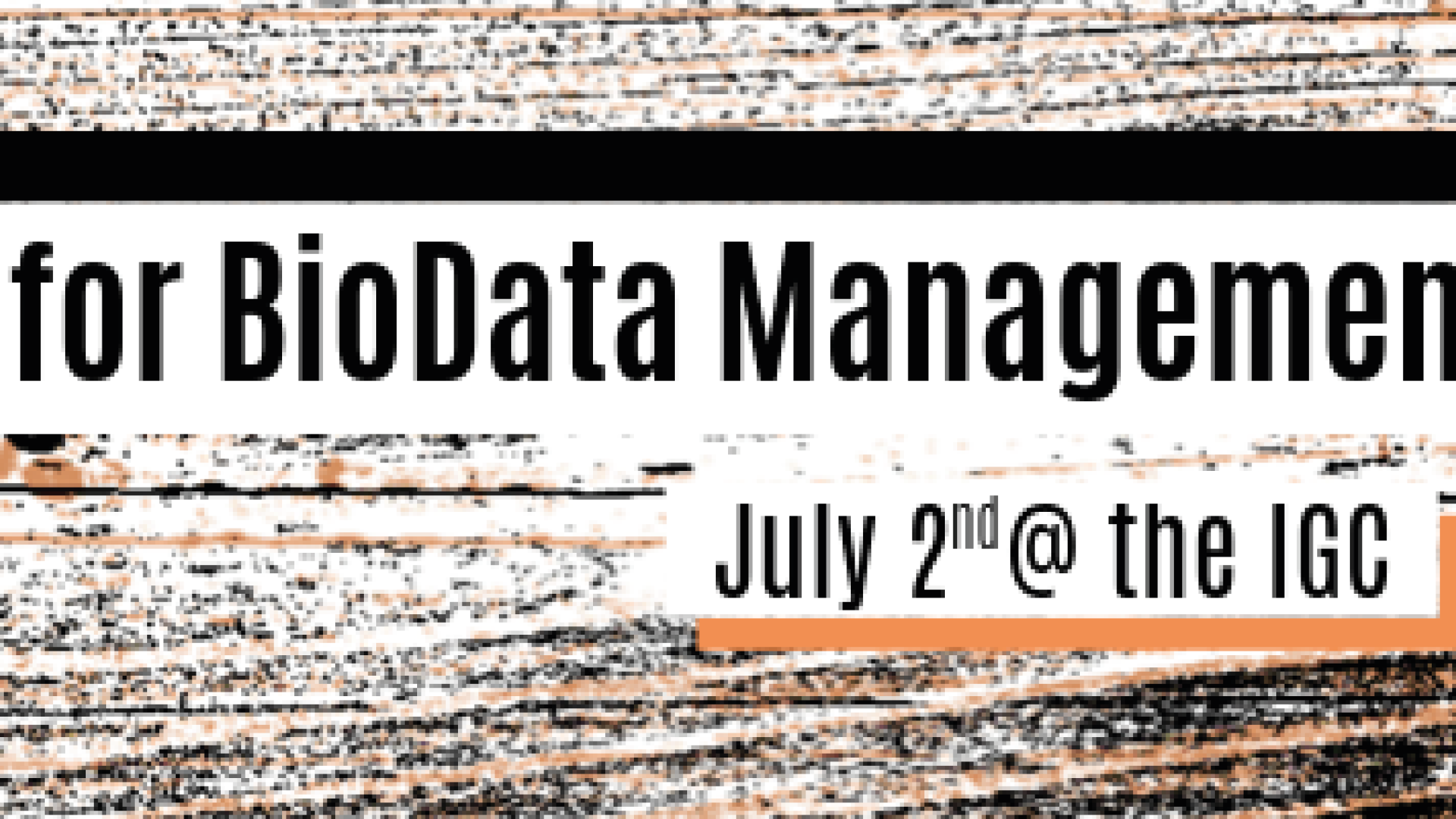
On July 2nd we got together for a hands-on experience in Data Management Plans (DMP). The event started with some presentations and then participants had the chance of putting their heads together to create a DMP for a project. During lunch we went around to ask participants their opinions about data management and the working session they had just participated in.
We interviewed Sandra Silva from the Institute for Bioengineering and Biosciences (iBB) at Instituto Superior Técnico (IST), about why she signed-up for this experience and what they currently do in her lab for data management.
Bruno Costa: What motivated you to sign-up for this session?
Sandra Silva: I’m very interested in data management, specially because in Microbiology, in our field of Biology, we produce a lot of data, massive quantities of data. And very often we have difficulty in knowing how to organize them, a problem that we face in our day-to-day.. So that was the goal that brought me here.
BC: How do you usually plan how the data is going to be treated? Is there a plan? Is it as the data is processed you put it in a disk, is there a process?
SS: At the moment, I think it’s a bit as the projects develop you come up with different methods for each researcher. Each person self-organizes, sharing just the final data or the raw data with the project leader, but inside the same group there’s no sharing of data. There’s that difficulty because these are big volumes of data and you can’t do it easily.
BC: There’s no person in your team or institution that is responsible for creating policies for data submission to platforms, for example, when it’s necessary to publish the data?
SS: Not in an organized fashion, no. Each group ends up working with its own data. There isn’t that coordination between groups.
BC: You think that, after having this experience, you might ponder creating policies for the processing of data, a set of protocols?
SS: Yes, one of my goals of coming here was exactly that one. Of trying to establish contacts with BioData.pt to bring some policies to my investigation group. To start, in some way, to have data management strategies.
BC: Did you think the workshop was useful? Did it focus on the aspects you thought were going to be difficult? Was there some things missing?
SS: I think this workshop was very short, it’s normal that you can’t know everything with just a morning session. And it was very focused in the planning of a project in general, divided into several parts, so it’s not easy for someone to become informed about everything in just one morning session. But it gave us an idea of what is a Data Management Plan, that’s for sure.
BC: Did you have an idea of what were licenses? Of the need of assigning licenses, for example?
SS: We ended up not focusing on that because throughout the working session, we didn’t manage to get to the end. And the introduction was very short, so I didn’t exactly- (MS: Next time?) Yes, exactly, next time!
